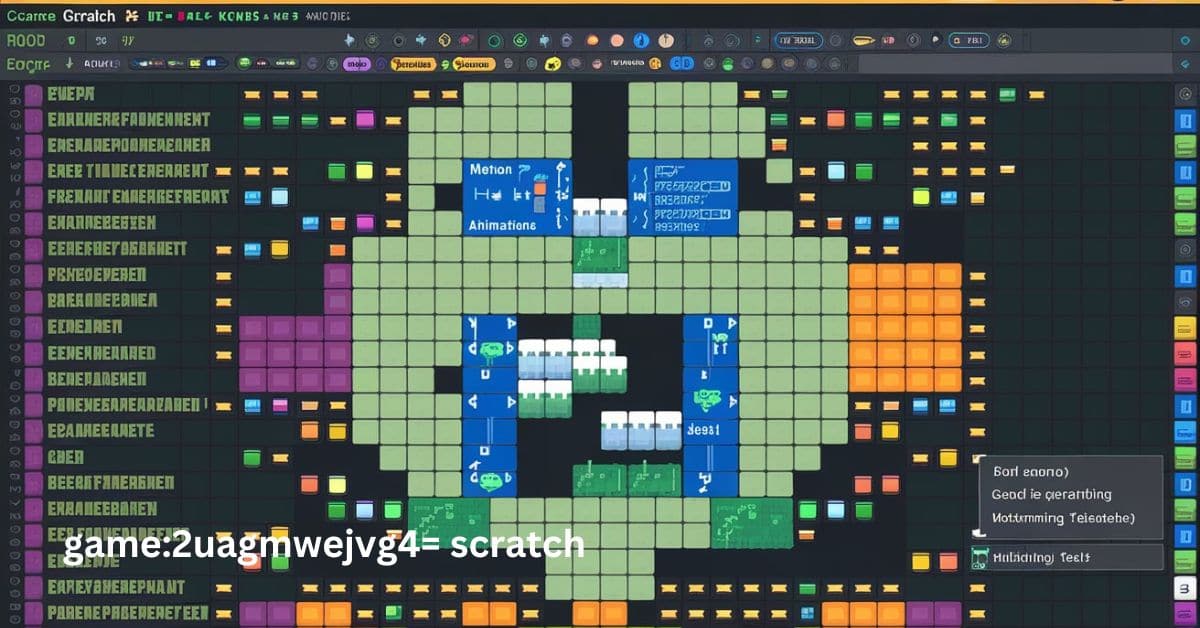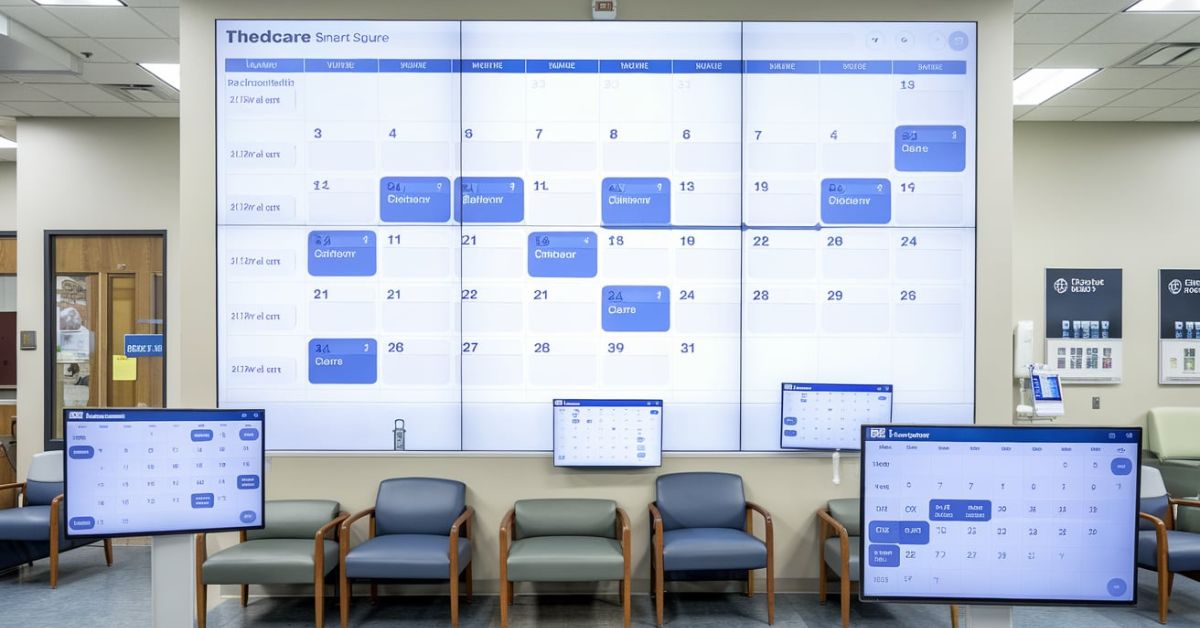Have you ever seen “127.0.0.1:62893” on your computer and wondered what it means? Don’t worry, you’re not alone!
127.0.0.1:62893 is a localhost address with a specific port number. It’s used by programs on your computer to communicate internally, often for testing or running local services. It’s generally safe and only accessible from your device.
This article will break down everything you need to know about this mysterious set of numbers and why it’s important for your computer. We’ll explain it in simple terms that anyone can understand, even if you’re not a tech expert.
What is 127.0.0.1:62893?
Let’s start with the basics. 127.0.0.1:62893 is made up of two parts:
- 127.0.0.1 – This is a special IP address
- 62893 – This is a port number
Now, let’s look at each part more closely.
The Special IP Address: 127.0.0.1
127.0.0.1 is a unique IP address that every computer knows. It’s called the “localhost” or “loopback” address. Think of it as your computer’s home address. When your computer sees this address, it knows to talk to itself instead of trying to reach out to the internet or other computers.
also Read: https://epellis24.com/www-fameblogsnet/
Why is it special? Well, 127.0.0.1 always points back to your own computer. It’s like a mirror for your computer – when it looks at 127.0.0.1, it sees itself!
The Port Number: 62893
The number after the colon (62893 in this case) is called a port number. Ports are like doors on your computer. They let different programs or services send and receive information.
Think of your computer as a big apartment building. The IP address (127.0.0.1) is the building’s street address. The port number (62893) is like an apartment number inside that building. It tells your computer exactly which “apartment” or program should get the information.
Putting It All Together: 127.0.0.1:62893
When you see 127.0.0.1:62893, it means a program on your computer is using port 62893 to talk to your own computer. This could be for many reasons, like running a local web server, testing an app, or other technical tasks.
Why Do We Use 127.0.0.1:62893?
There are several reasons why 127.0.0.1:62893 might show up on your computer:
- Testing: Developers often use this address to test websites or apps on their own computer before putting them online.
- Local Services: Some programs run services that only need to talk to your computer, not the internet. They use 127.0.0.1 for this.
- Security: By using 127.0.0.1, programs can ensure they’re only accessible from your computer, not from the internet.
- Troubleshooting: Network experts might use this address to check if your computer’s network setup is working correctly.
Is 127.0.0.1:62893 Safe?
Generally, seeing 127.0.0.1:62893 is safe. Remember, it’s just your computer talking to itself. However, if you’re not sure why you’re seeing it, it’s always good to be careful:
- Check what program is using it: Use your computer’s task manager or activity monitor to see which program is using this port.
- Be cautious of unfamiliar programs: If you don’t recognize the program using 127.0.0.1:62893, it might be worth investigating further.
- Keep your computer updated: Regular updates help protect your computer from security risks.
Common Uses of 127.0.0.1:62893
Let’s explore some everyday situations where you might encounter 127.0.0.1:62893:
Web Development
Web developers often use 127.0.0.1:62893 to test websites they’re building. They can run a local web server on their computer and view their website using this address. This lets them see how their site looks and works before putting it on the internet for everyone to see.
Database Testing
Many apps use databases to store information. Developers might use 127.0.0.1:62893 to connect to a database running on their own computer. This helps them test how their app works with the database without needing an internet connection.
Game Servers
Some multiplayer games let you host your own server. When you do this, the game might use an address like 127.0.0.1:62893 to connect to the server running on your computer.
Local API Testing
APIs are ways for different programs to talk to each other. Developers often test APIs locally using 127.0.0.1:62893 before making them available online.
Network Troubleshooting
If you’re having internet problems, a tech support person might ask you to try connecting to 127.0.0.1:62893. This helps them check if your computer’s network connection is working correctly.
Understanding Ports: Beyond 62893
While we’ve been focusing on 127.0.0.1:62893, it’s important to know that 62893 is just one of many possible port numbers. Your computer has thousands of ports available, and different programs can use different ports.
Some ports have special uses:
- Port 80: Used for regular web traffic (HTTP)
- Port 443: Used for secure web traffic (HTTPS)
- Port 25: Used for sending email (SMTP)
- Port 22: Used for secure file transfers (SSH)
The port number 62893 isn’t a standard port for any specific service. It’s likely a randomly chosen port by a program on your computer.
Localhost vs. 127.0.0.1: Are They the Same?
You might sometimes see “localhost” instead of 127.0.0.1. These are basically the same thing! “Localhost” is just a friendly name for 127.0.0.1. Your computer knows that when you say “localhost,” you mean 127.0.0.1.
So, “localhost:62893” and “127.0.0.1:62893” will take you to the same place on your computer.
IPv6 and Localhost
We’ve been talking about 127.0.0.1, which is an IPv4 address. But there’s a newer system called IPv6, which has its own localhost address: ::1
Don’t worry too much about the details. Just know that if you ever see ::1 instead of 127.0.0.1, it’s doing the same job – pointing back to your own computer.
What If You See a Different IP Address?
Sometimes, you might see an IP address that’s not 127.0.0.1, but still starts with 127. For example, you might see 127.0.0.2 or 127.1.1.1. Don’t worry! All IP addresses that start with 127 are localhost addresses. They all point back to your own computer.
Troubleshooting 127.0.0.1:62893 Issues
Sometimes, you might run into problems with 127.0.0.1:62893. Here are some common issues and how to fix them:
- “Connection Refused” Error
If you try to connect to 127.0.0.1:62893 and get a “Connection Refused” error, it usually means no program is listening on that port. Check if the program you’re trying to use is running correctly.
- “Address Already in Use” Error
This error happens when a program tries to use 127.0.0.1:62893, but another program is already using it. You’ll need to either close the program using the port or choose a different port.
- Firewall Blocking Access
Sometimes, your computer’s firewall might block access to 127.0.0.1:62893. You may need to add an exception in your firewall settings for the program you’re trying to use.
- Slow or Unresponsive
If connecting to 127.0.0.1:62893 is slow or unresponsive, check if your computer is running many programs at once. Close some to free up resources.
- Can’t Access from Another Device
Remember, 127.0.0.1 only works on the computer it’s running on. If you’re trying to access it from another device, you’ll need to use your computer’s actual IP address instead.
Security Considerations for 127.0.0.1:62893
While 127.0.0.1:62893 is generally safe, there are some security things to keep in mind:
- Local Services: Programs running on 127.0.0.1:62893 are only accessible from your computer, which is good for security.
- Firewall Settings: Be careful about changing firewall settings to allow access to 127.0.0.1:62893. Only do this if you trust the program.
- Public Networks: If you’re on a public Wi-Fi network, be extra careful about what programs you allow to use 127.0.0.1:62893.
- Malware Concerns: Some malware might try to use localhost addresses like 127.0.0.1:62893. Keep your antivirus software updated.
- Sharing Your Screen: If you’re sharing your screen or computer, be aware that others might be able to see or access services running on 127.0.0.1:62893.
The Future of Localhost and Port Usage
As technology evolves, the way we use localhost and ports like 62893 might change. Here are some trends to watch:
- Containerization: Technologies like Docker use localhost in new ways, creating isolated environments on your computer.
- Serverless Computing: This new way of running programs might change how we use localhost for testing and development.
- IPv6 Adoption: As more networks switch to IPv6, we might see ::1 used more often instead of 127.0.0.1.
- Increased Security: Future operating systems might change how localhost works to improve security.
- Internet of Things (IoT): As more devices connect to the internet, we might see new ways of using localhost and ports.
Learning More About Networking
If you’re interested in learning more about how computers talk to each other, here are some topics to explore:
- IP Addresses: Learn about different types of IP addresses and how they work.
- Network Protocols: Discover the rules computers use to talk to each other.
- Firewalls: Understand how firewalls protect your computer and network.
- Port Forwarding: Learn how to make services on your computer available to the internet.
- DNS (Domain Name System): Find out how web addresses turn into IP addresses.
Conclusion
127.0.0.1:62893 might seem complicated at first, but it’s really just a way for your computer to talk to itself. Whether you’re a curious computer user or someone interested in technology, understanding localhost and ports can help you better understand how your computer works.
Remember, 127.0.0.1 is always your computer’s home address, and the port number (like 62893) is just a specific door for programs to use. It’s a safe and useful tool for developers, tech support, and many computer programs.
As you continue to use your computer and explore technology, you might come across 127.0.0.1:62893 or similar addresses more often. Now you’ll know exactly what they mean and why they’re important!
FAQs
- What does 127.0.0.1:62893 mean?
127.0.0.1:62893 is a combination of the localhost IP address (127.0.0.1) and a specific port number (62893). It refers to a program or service running on your own computer that’s using port 62893. - Is it safe to see 127.0.0.1:62893 on my computer?
Generally, yes. 127.0.0.1:62893 just means a program on your computer is talking to itself. However, if you’re not sure why you’re seeing it, it’s good to check which program is using it. - Can other people access my computer through 127.0.0.1:62893?
No, 127.0.0.1 only works on your own computer. Other people can’t use this address to access your computer from the internet or another device. - Why do I see 127.0.0.1:62893 when I’m developing a website?
Developers often use localhost addresses like 127.0.0.1:62893 to test websites or applications on their own computer before making them public on the internet. - What should I do if I get an error when trying to connect to 127.0.0.1:62893?
First, check if the program you’re trying to use is running. If it is, try restarting the program or your computer. If problems persist, you might need to check your firewall settings or consult with technical support. - Can I change the port number from 62893 to something else?
Yes, in most cases you can change the port number. The exact method depends on the program you’re using. Look for settings related to “port” or “network” in the program, or check its documentation for instructions.






